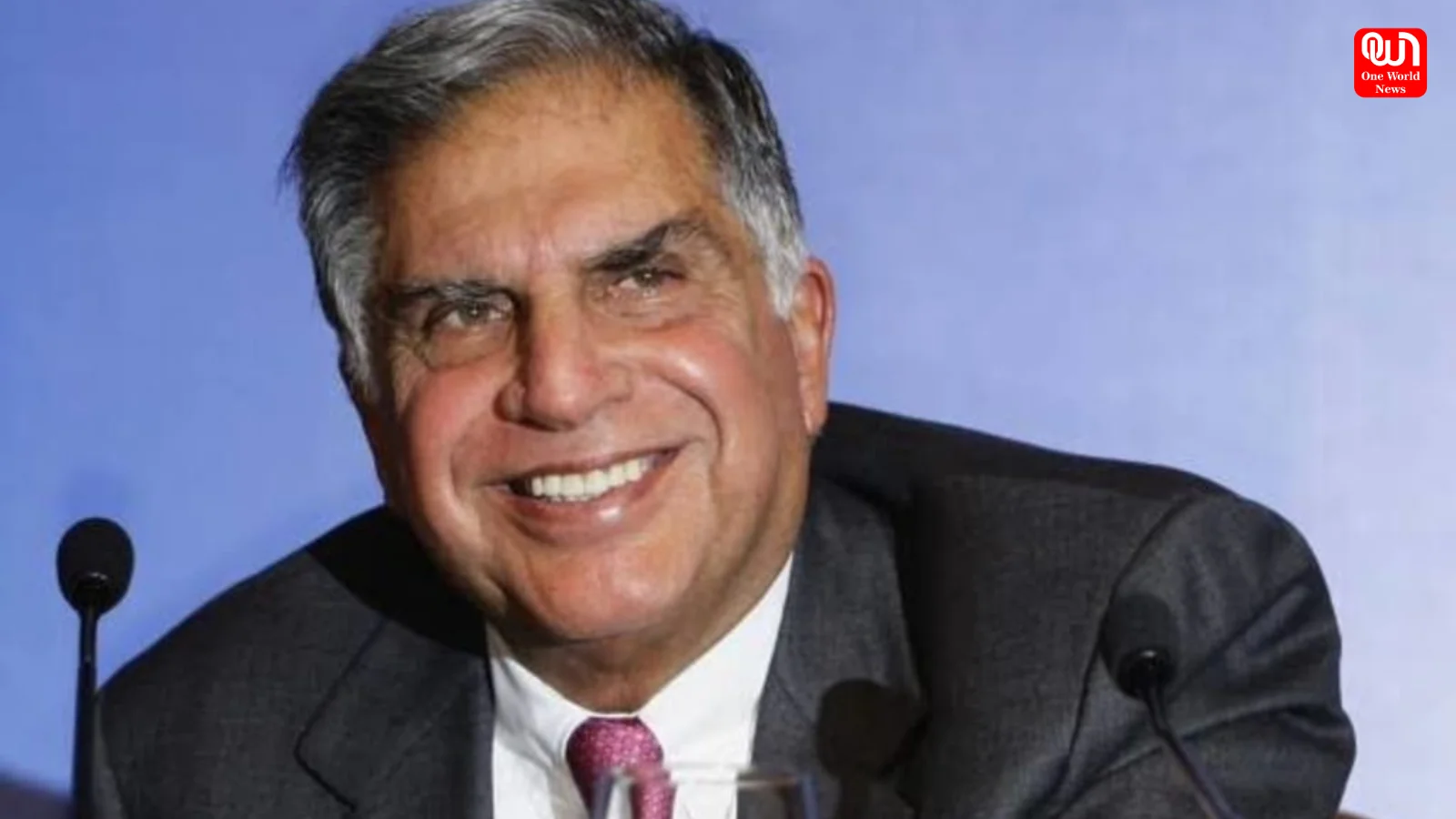Ratan Tata Biography: The Inspiring Journey of India’s Visionary Business Leader and Tata Group’s Transformation
Discover the inspiring journey of Ratan Tata, India's visionary business leader, who transformed the Tata Group into a global powerhouse with his integrity and innovation.
Ratan Tata Biography: A Deep Dive Into the Journey of India’s Visionary Business Leader and His Transformational Impact on the Tata Group
Ratan Tata, one of the largest business tycoons India has ever known, is a name that echoes integrity, innovation, and leadership. His path from very humble beginnings to becoming one of the leaders in India’s most respected conglomerates, the Tata Group, is a motivating tale of vision, resilience, and social responsibility.
Early Life and Education
Ratan Tata was born on 28 December 1937 in Mumbai, India, to Naval Tata and Sooni Tata. His family has a long business history; his grandfather, Jamsetji Tata, is actually the father of Indian industry. However, Ratan had a bad start in life with a series of setbacks to come: his parents divorced when he was just 10, and he was fostered by his grandmother. But still, Ratan showed early promise and keen interest in doing engineering as well as business.
Ratan Tata completed his school education from the Campion School, Mumbai, and then joined the prestigious Cathedral and John Connon School. After his education in India, he shifted to the United States to complete his graduation. At Cornell University, he bagged a degree in architecture with structural engineering. Education was the bed on which his innovative ideas for international business operations were laid.
Read more: Celebrating World Students Day: Honoring Dr. APJ Abdul Kalam
Entry into Tata Group
He joined the Tata Group in 1962 and began by working as an executive trainee in the company. He placed himself first within the Tata Steel division, where he assumed several positions and acquired diverse experiences. The following years would serve for him to get to know well the operational aspect of businesses, in particular concerning manufacturing and leading companies.
Read More: Pralhad Joshi slams Justice D’Cunha Over Karnataka PPE Procurement Report
The most significant achievement was in the form of 1991 when he began to take over the responsibility of the Chairman of Tata Sons, a holding company of Tata Group. The country was at that point taking its first strides into economic liberalization while Tata Group had to face aggressive opposition on all sides in the global market. Ratan Tata was described as a reformist leader who brought in new freshness to the aging business model of Tata Group.
Reforming Tata Group
Under Ratan Tata’s chairmanship, the Tata Group underwent a drastic transformation in expansion as well as modernization. He worked at further diversification of the business portfolio and further expanding Tata globally. The Tetley Tea (UK), Jaguar and Land Rover (UK), and Tata Motors and Tata Consultancy Services (TCS) all are his significant achievements made to his credit. This was further complemented by strategic moves that not only increase the footprint in Tata but also introduce the group to new sectors and markets.

Read more: Celebrating Global Handwashing Day 2024: Why Clean Hands Matter
Ratan Tata’s leadership also embodied a kind of vision in the production of products that would have an impact on society for decades. This was, of course, culminated during his career with one of the most iconic moments: the launching of the world’s cheapest car, the Tata Nano. Described as making automobile ownership accessible to millions of middle-class Indians and therefore an attempt at inclusive innovation, even if the product sometimes lacks sales merits.
Ethics and Social Responsibility Legacy
Ratan Tata has been distinctly different from other peers in his career on ethics and social responsibility. He believes in remaining connected to ground realities with no distance between personal wealth and corporate success. His dream is to bring about a positive difference in society, which he demonstrates through the kind of initiatives undertaken under Tata Trusts, including themes and issues such as education, healthcare, rural development, and infrastructure.
Beyond just business, the legacy of Ratan Tata lives on. It has very eloquently been said that he was a visionary for proving corporate growth and social responsibility cannot go hand in hand. He helped the Tata Group evolve into a global conglomerate that incessantly focuses on ethical practices and giving back to society.
Conclusion
The biography of Ratan Tata stands as a testimony to the power of vision, perseverance, and ethical leadership. Under his stewardship, the Tata Group stretched its horizons to reach out to the global markets without compromising its commitment to integrity and social welfare. He is now not only a business leader but a beacon of inspiration for generations of entrepreneurs and business leaders in India and across the world.
We’re now on WhatsApp. Click to join.
Like this post?
Register at One World News to never miss out on videos, celeb interviews, and best reads.








